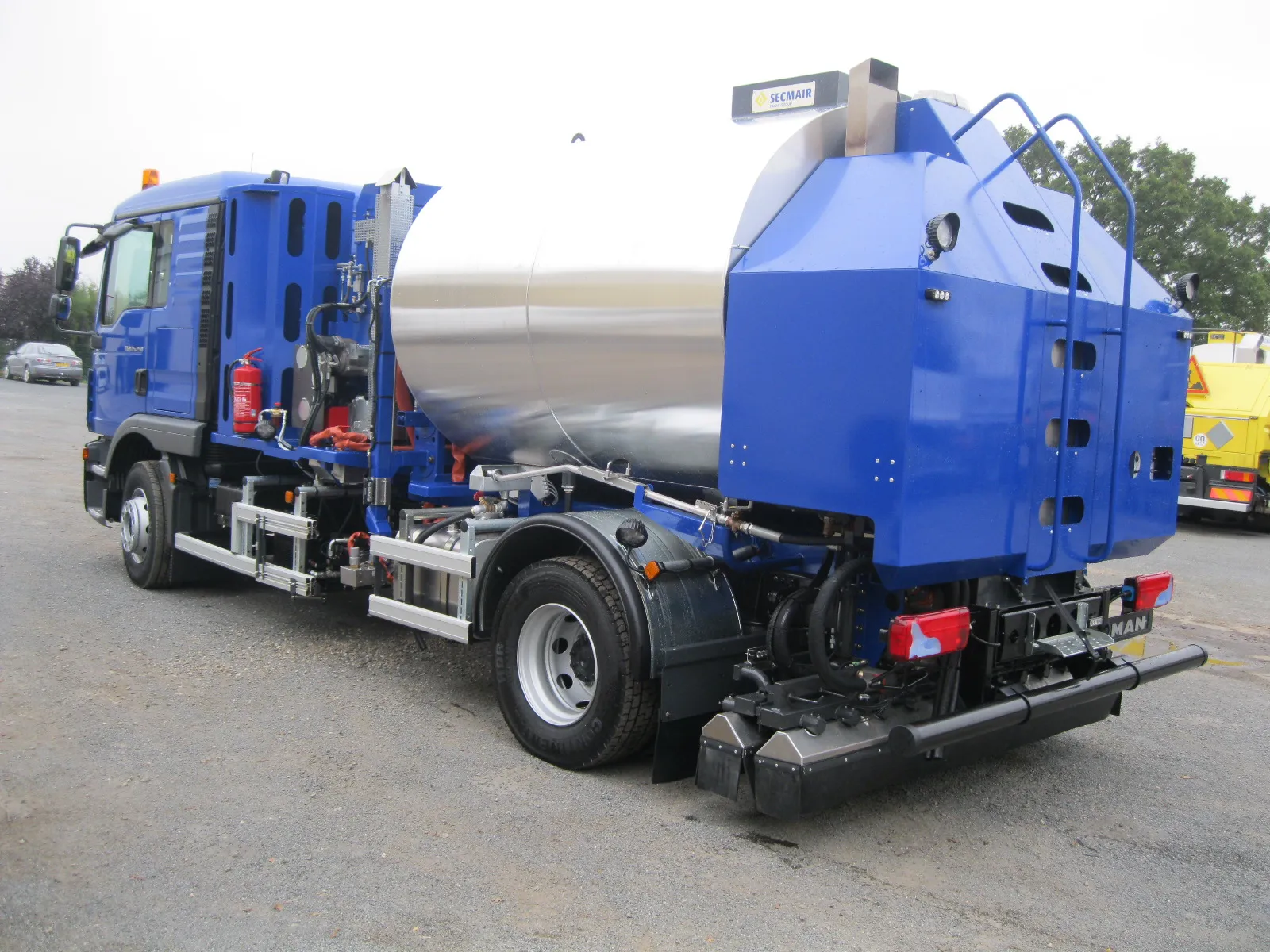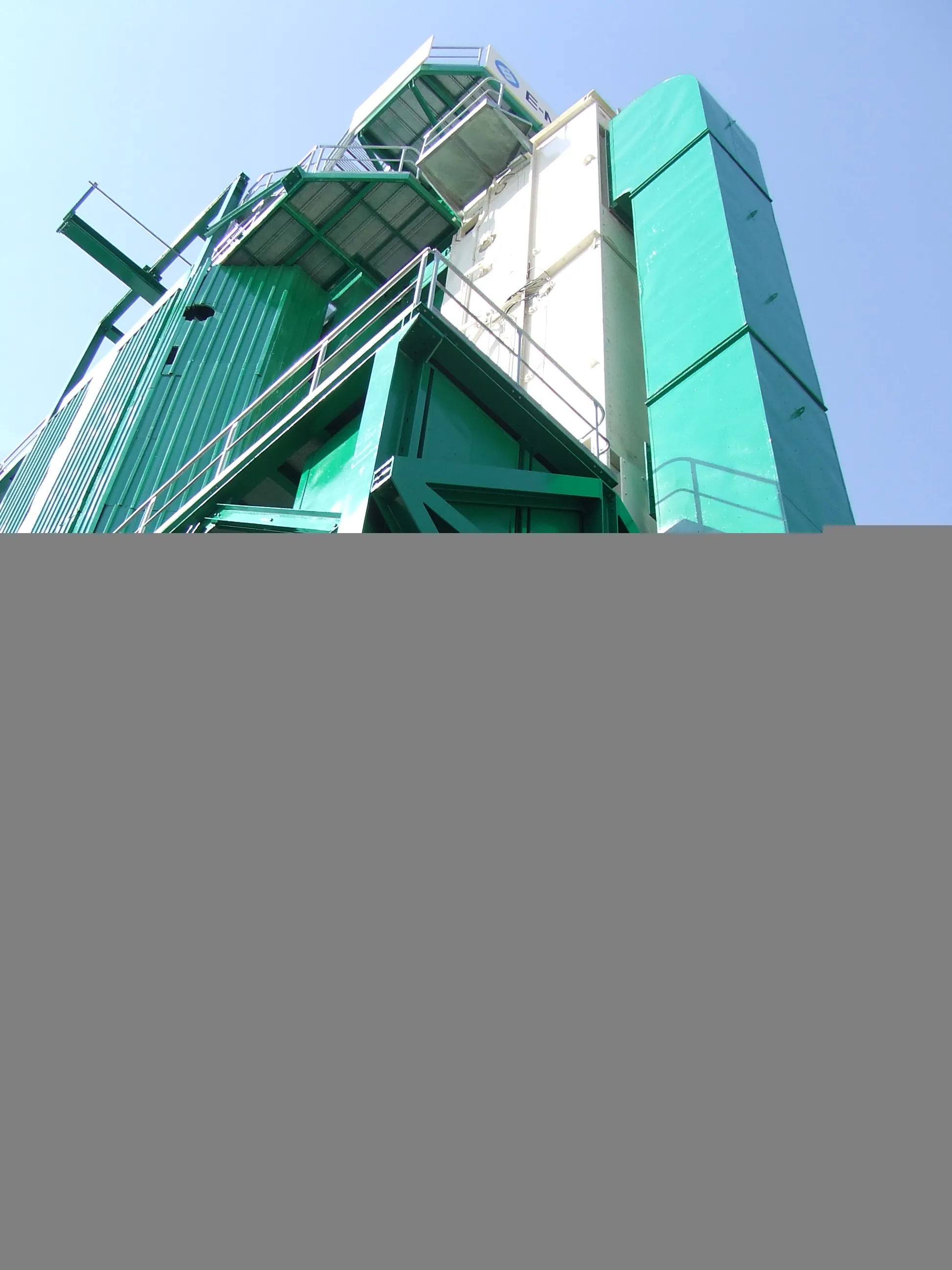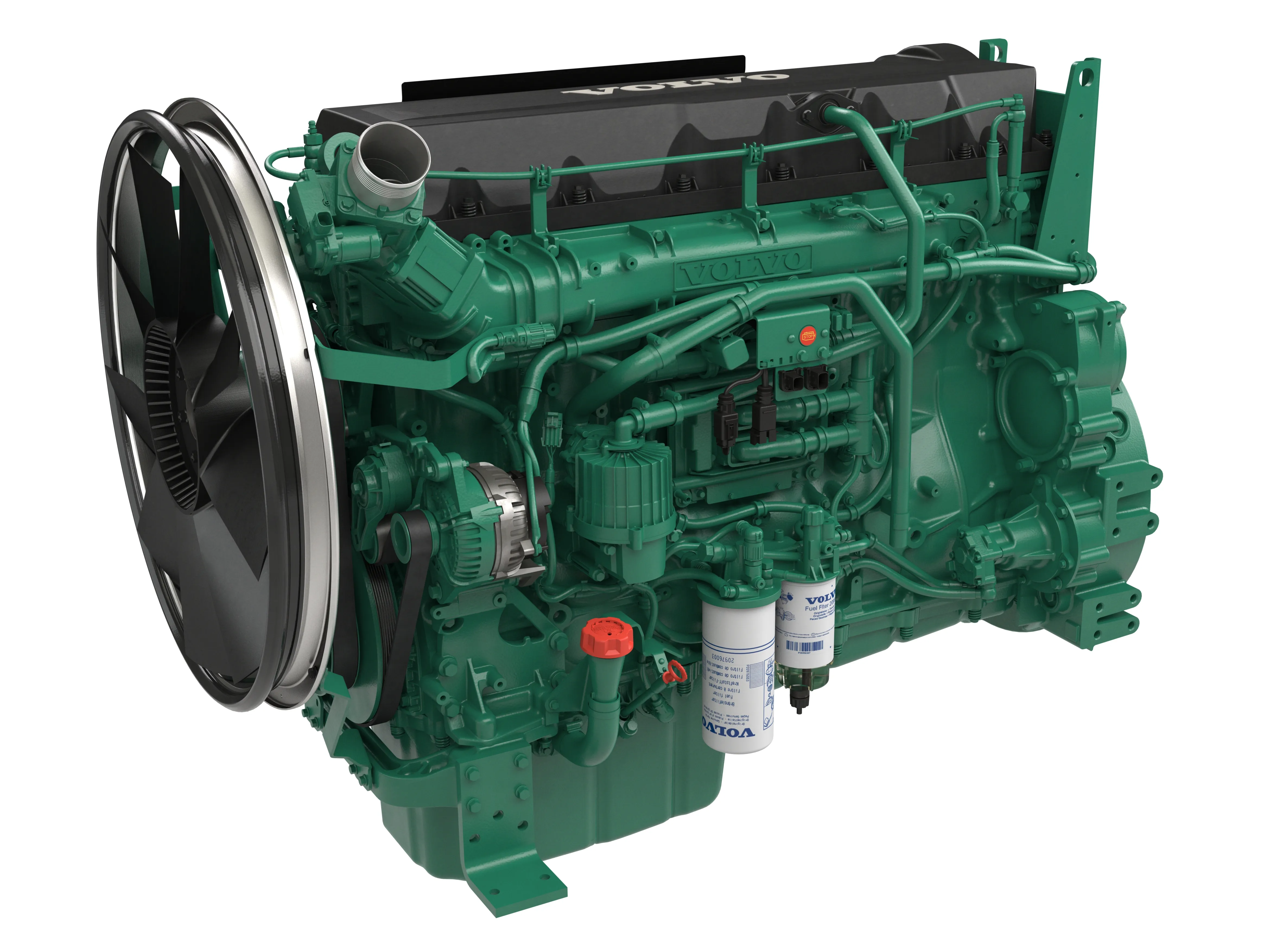Fayat is aiming its new multi-function spraying machine at contractors looking to reduce costs and increase efficiency. Most conventional sprayers are not used to lay tack coats before hot mixes so Fayat opted to make a multi-function machine able to combine these functions. In addition to spraying, this new machine also carries sealing material or supplies of water and diesel for worksite equipment.
January 6, 2017
Read time: 2 mins

In addition to spraying, this new machine also carries sealing material or supplies of water and diesel for worksite equipment. The new-generation UB V4 is a multifunctional sprayer that is said to offer higher utilisation. It features a 2,000-5,000litre capacity sprayer for tack coats designed to lay 100grammes-1kg/m2 when moving at around 3.5km/h, and for a width of no more than 5m. It is equipped with a heater-mixer and a spraybar that is controlled from the operator's cabin for sealing duties. Water capacity of 1,000-3,000litres can be specified and the machine can also be fitted with one or two 450litre diesel tanks for supplying a contractor’s fleet of compactors or milling machines.
This sprayer is designed for producing tack coats and is able to carry out low metering at a low travel speed, while it can also carry out multi-functional tasks particularly to meet demand from the German and Eastern European markets.
F10.1008/1
%$Linker:







